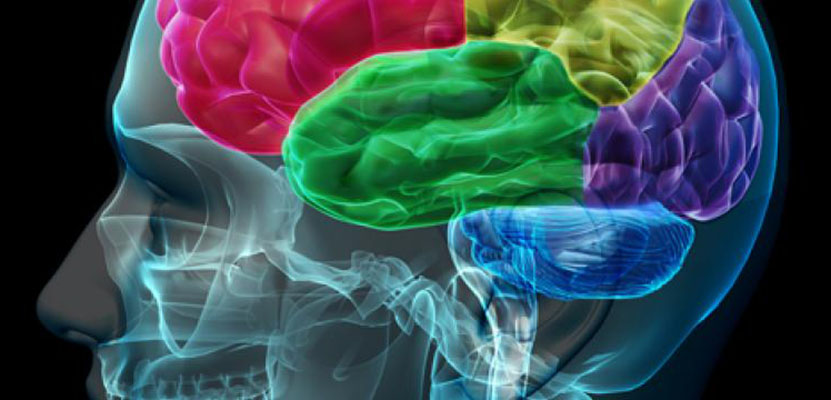Faculty
- Psychiatric-mental health nursing
- Crisis intervention
- Chronic mental illness in adults
Dr. Baliko's CV
- Theoretically-based family-targeted intervention development and testing
- Mobile health technologies as an intervention delivery modality
- Lung cancer survivorship
- Lung cancer screening
Dr. McDonnell's CV
- Psychiatric-mental health nursing
- Substance use disorders and recovery management
- Self-care/self-management for parents in recovery from substance use disorders
Dr. Raynor's CV
- Data management
- Statistical methods
Dr. Tavakoli's CV
- Sources of dietary inflammation and chronic disease risk, especially cancer
- Health disparities
- Cortisol levels and pattern on health outcomes
- Effect of meditation on symptoms among cancer survivors
Dr. Wirth's CV
- Therapeutic management for women with polycystic ovary syndrome
- Digital technology for intervention delivery
- Biological impact of resistance exercise
Data Driven
Dr. Phyllis Raynor received a K23 Career Development Award by the National Institutes of Health (NIH) for her research, Parents Adopting Recovery Management through New Technology for Self-Care and Support (for Mothers) Project (P.A.R.E.N.T.S.S.).
Using a community-based participatory research (CBPR) approach, she will partner with a community advisory board to develop a customized digital intervention and determine its feasibility and preliminary effects in supporting women with Opioid Use Disorders (OUD) during the pregnancy and postpartum period.
This career development award will provide Dr. Raynor the mentoring and training needed to develop knowledge and skills in rural health disparities, CBPR methods, digital intervention development and program evaluation, population health interventions, and advanced research training.

